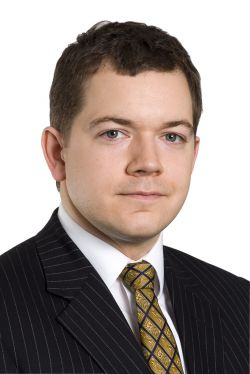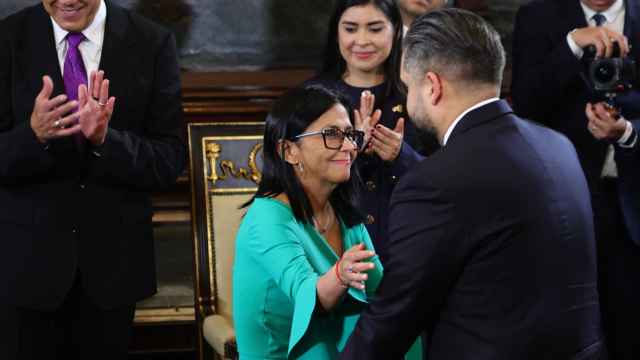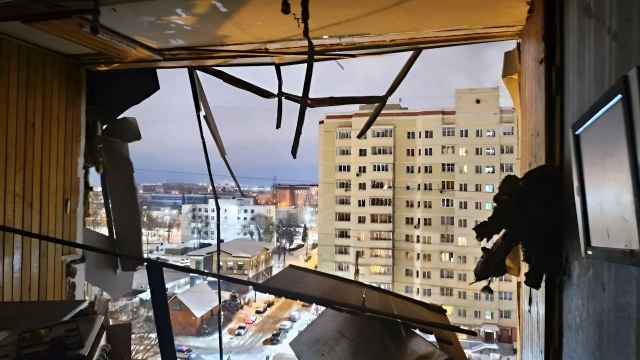
Richard Cowie
Partner
Hogan Lovells (CIS)
2010 was a mixed year for the Russian M&A market with signs of recovery from the financial crisis, and with the start of 2011 being stronger. Some of the key factors for the stronger investor climate include:
Resilient investment conditions
The global economy has been subject to continued uncertainty and, in comparison, the Russian business environment has proved resilient. Russia has previously lagged behind the other BRICS countries. However, there has been an increased flow of funds as investors have sought to diversify the economies they invest into and to take advantage of relatively cheap valuations on offer in the Russian market. Oil prices and the ruble have strengthened.
Big ticket transactions
The end of 2010 saw several big-ticket transactions including X5 Retail's $1.65 billion acquisition of Kopeika, Uralkali's $7.8 billion acquisition of Silvinit and Rostelecom's $1.08 billion acquisition of a stake in National Telecommunications. These deals point to the current themes in Russian M&A — the continued focus on natural resources, strong consumer and retail demand and ongoing telecommunications consolidation. The latter trend has featured a broad mix of domestic and offshore investors and public sector commitment.
Government regulation

Bourn Collier
Associate
Hogan Lovells (CIS)
Investors still voice concerns over the volume of Russian regulations, formalistic government institutions, as well as constantly changing and unclear laws. Positively, investors recognize an improving Russian investment climate with a strengthening legal regime (including better corporate governance), and new positive compliance requirements (including anti-corruption rules). Investors note higher standards among officials and a more stable court practice, but are cautious ahead of the 2012 elections.
The Russian government is a key player in driving the direction of Russian deals. Various governmental approvals are required for an investment, including the Federal Anti-Monopoly Service's approval for substantive transactions and the approval of the GCMFI (chaired by Prime Minister Putin) for investments by foreign entities in "strategic companies." The overall trend has been for increased clarity on the "rules of the game" for Russian investments as exemplified by the GCMFI's recent approval of Alstom's acquisition of a blocking stake in Transmashholding CJSC, the largest Russian rolling stock manufacturer.
High tech
President Medvedev's agenda of modernization with a focus on technology has generally been well received. The flagship project is the Skolkovo innovation center, which has seen strong international interest (including from Intel, Google and Microsoft). Rusnano has also set trends with its recent investment in BiOptix Diagnostics, a U.S. startup analytical instrument company. Rusnano has had several projects with U.S. companies, but this was the first U.S. equity investment. Given the strong political and industry support for high-tech innovations in Russia, this should continue to be an interesting sector.
Pharma
Another significant area of reform is the pharmaceutical and health sectors, which are targeted for development by 2020 to coincide with Russia's entry into the WTO. The 2020 health and pharma plans aim to harmonize the health markets with international standards. This should see the expansion of domestic production and foreign investment in the sector and a number of recent joint ventures between foreign and domestic pharmas focussed on a phased "localization" of pharma product manufacturing.
Privatization and private equity
Two developments look set to alter the investment landscape in Russia for the next few years — the roll-out of the 1.8 trillion ruble ($63 billion) privatization plan from 2012 and the launch later this year of a $10 billion buyout fund by state backed VEB, which will invest jointly with international private equity investors. There should be healthy competition between funds, with state-backed players becoming stronger and many private equity funds having completed their commitment restructurings. Areas of interest include health care, retail, technology, telecoms, education and agribusiness.
Russia remains an attractive investment opportunity, and investors overall seem cautiously optimistic. The support from both the president and prime minister for foreign investment should ensure a deal pipeline. To take advantage of these opportunities, investors need to understand and navigate the complex "rules" for investing in Russia.
A Message from The Moscow Times:
Dear readers,
We are facing unprecedented challenges. Russia's Prosecutor General's Office has designated The Moscow Times as an "undesirable" organization, criminalizing our work and putting our staff at risk of prosecution. This follows our earlier unjust labeling as a "foreign agent."
These actions are direct attempts to silence independent journalism in Russia. The authorities claim our work "discredits the decisions of the Russian leadership." We see things differently: we strive to provide accurate, unbiased reporting on Russia.
We, the journalists of The Moscow Times, refuse to be silenced. But to continue our work, we need your help.
Your support, no matter how small, makes a world of difference. If you can, please support us monthly starting from just $2. It's quick to set up, and every contribution makes a significant impact.
By supporting The Moscow Times, you're defending open, independent journalism in the face of repression. Thank you for standing with us.
Remind me later.





